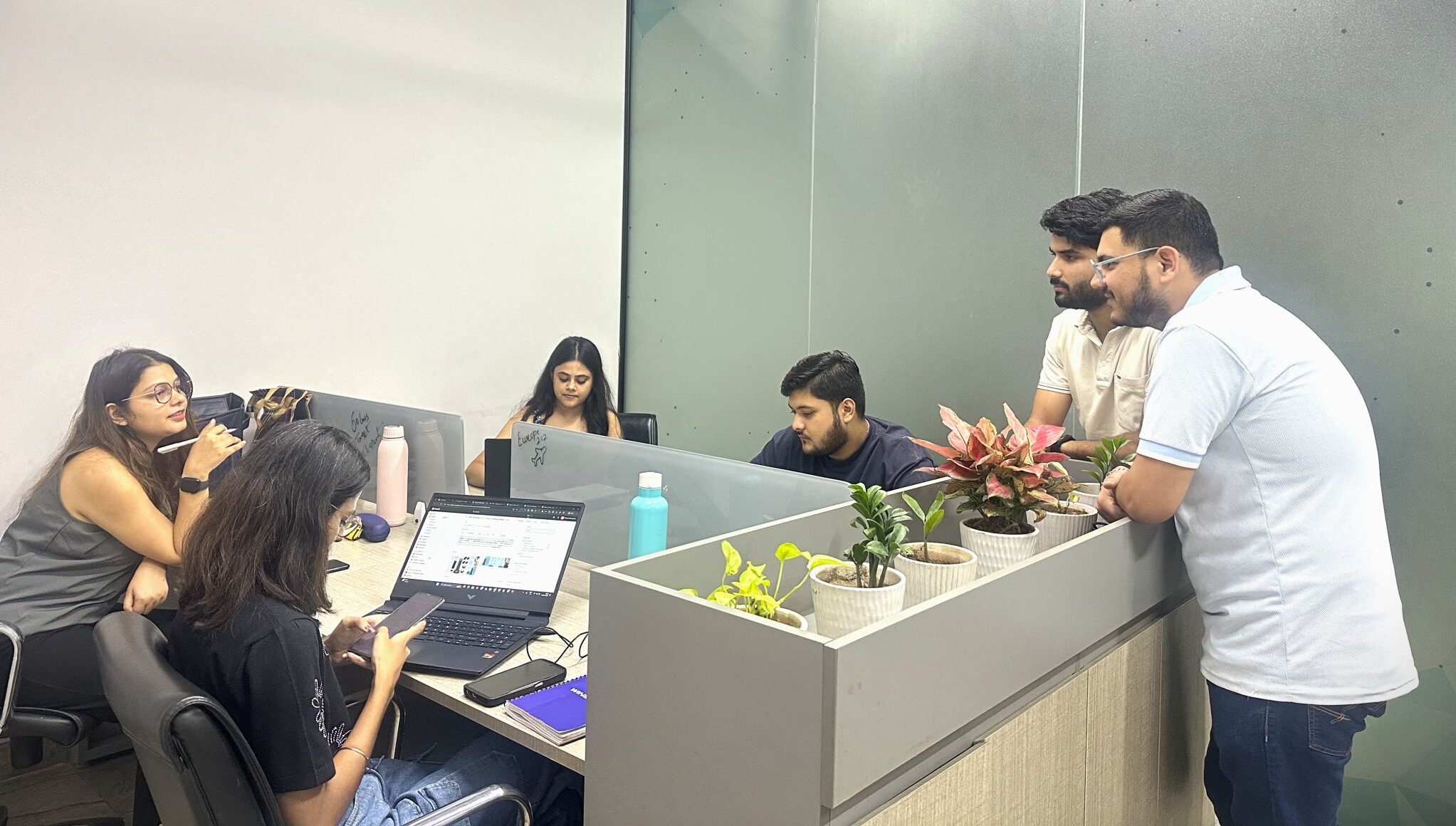India is already on its way to becoming one of the largest startup hubs in the world. With over 100,000 registered startups and more than 110 unicorns as of 2024, the startup ecosystem is thriving. But most of this innovation begins at the college or incubation level. The bigger question is, should we start earlier, at the school level?
Rethinking India’s Education System
Our current education system is still largely focused on memorization and exam scores. Students are trained to seek jobs rather than create them. By introducing entrepreneurship education between Classes 6 – 12, we could fundamentally reshape how young people view careers and innovation.
Imagine if school students learned to:
- Solve problems creatively instead of memorizing answers
- Build small projects or ventures that address real-world issues
- Understand the basics of money, markets, and customer needs
- Think like founders rather than job-seekers
This shift could empower the next generation to become job creators, not just job seekers.
Lessons from Global Models
Countries like the United States, Finland, and Israel have already integrated entrepreneurship into school curricula. Programs that encourage project-based learning and startup culture at a young age have led to higher rates of innovation and risk-taking later in life. India, with its massive youth population, could benefit even more from such an approach.
Building the Future of India’s Workforce
If entrepreneurship is taught as a fundamental subject in schools, students will learn practical skills in addition to academic information. They will learn how to solve problems, collaborate in groups, handle money, and think creatively. These skills are critical for fostering creativity.
More importantly, it could help reduce unemployment by creating a pipeline of young innovators ready to launch businesses, instead of only competing for limited job opportunities.
Building Tomorrow’s Innovators
Entrepreneurship should not be an afterthought. It should be the foundation of the next education revolution in India. The question is no longer if schools should teach entrepreneurship but how soon we can make it happen.
By enabling students to build, create, and innovate early, India can raise a generation that doesn’t just dream of jobs but designs the future.
Also Read: Can Lo Foods Make Low-Carb Eating Part of Everyday Indian Diets?
























